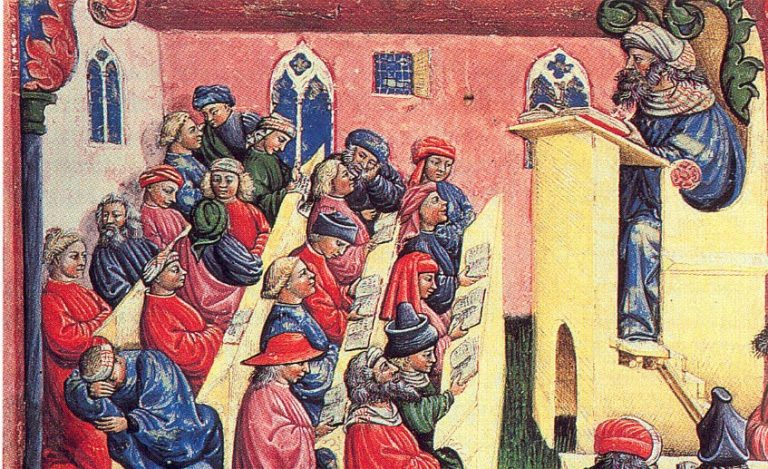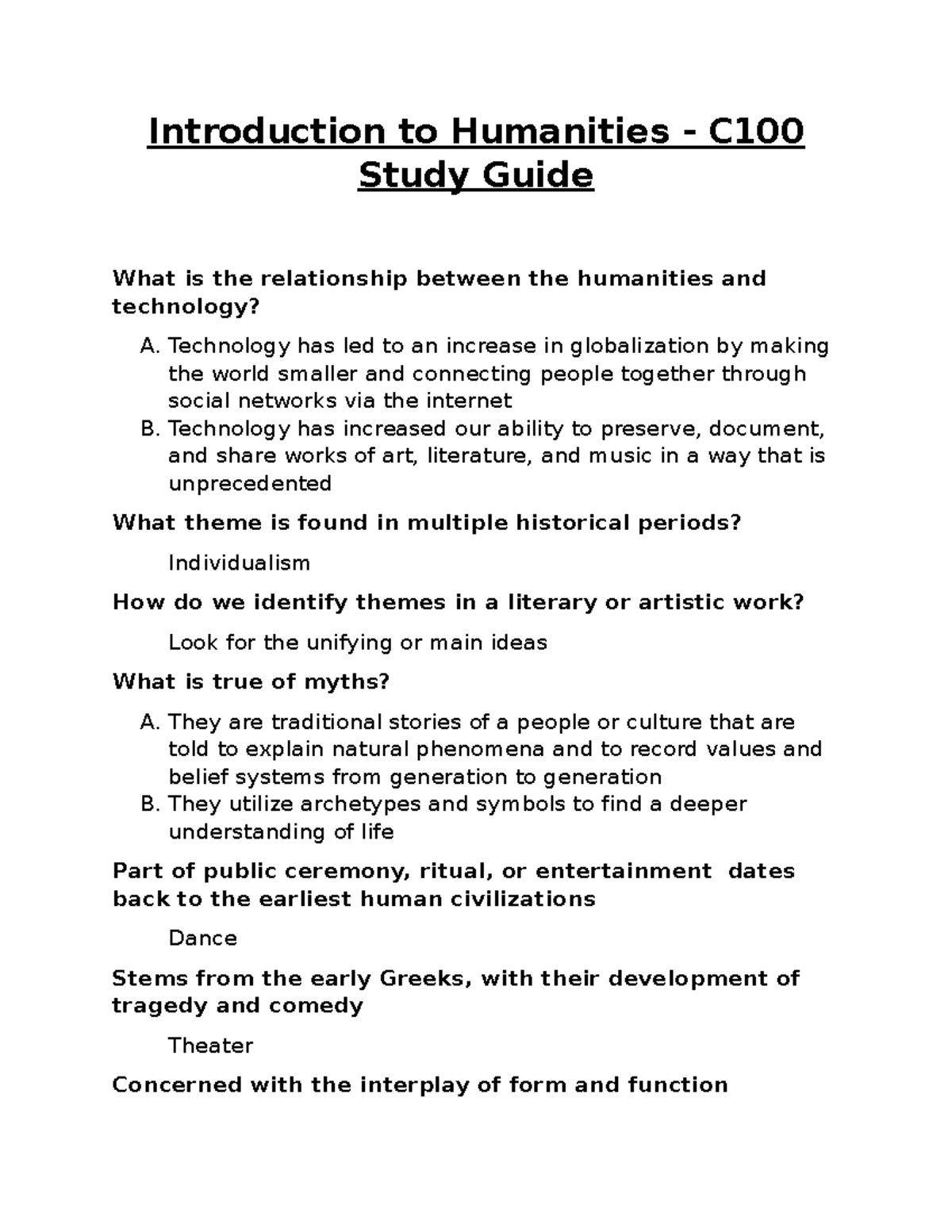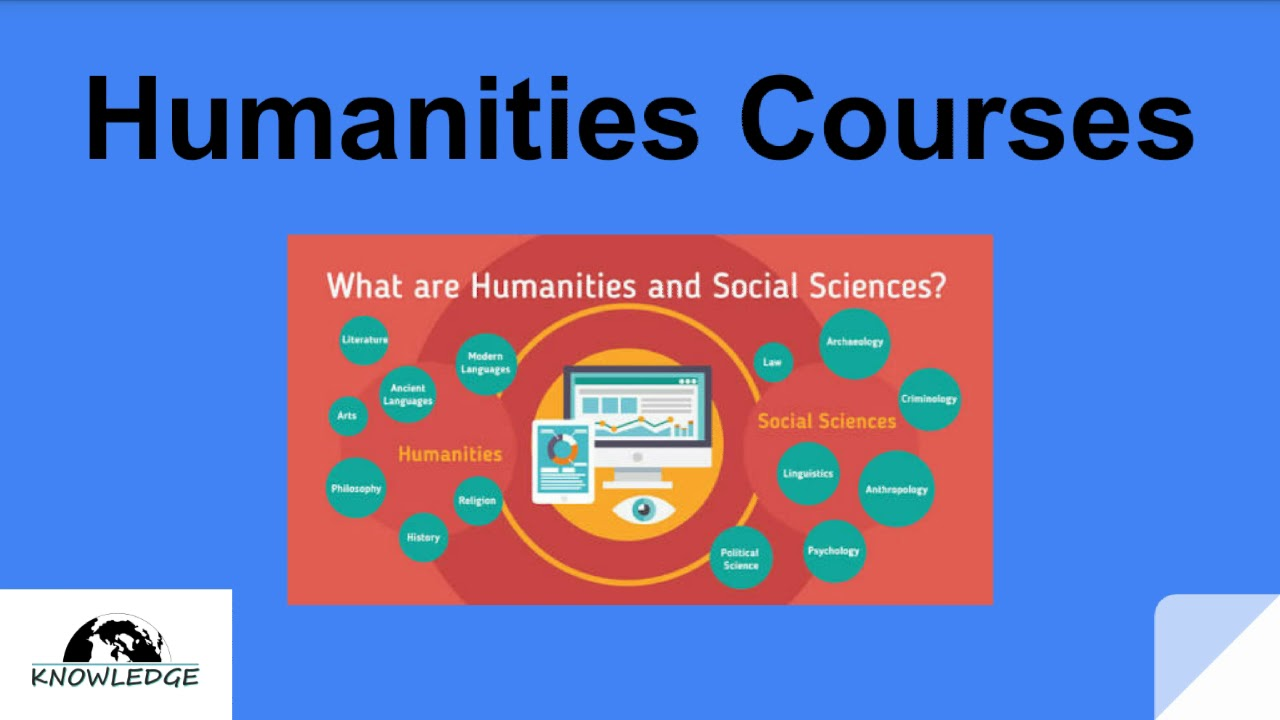The Medieval Studies Conference stands as a vibrant hub for scholars and enthusiasts of medieval scholarship, drawing over 800 academics from around the globe to Harvard Yard for its centennial celebration. This event, organized by the Harvard Medieval Academy, offers a unique platform for in-depth exploration of medieval studies, inspiring dialogues around critical topics such as Chaucer studies and the historical narratives of the Mediterranean and beyond. Attendees can engage in workshops and presentations that showcase innovative research and the interdisciplinary nature of contemporary medieval studies. As the conference unfolds over three days filled with plenary addresses and creative exhibits, participants deepen their understanding of how medieval narratives resonate within modern context. By fostering connections among scholars, the Medieval Studies Conference not only honors a century of academic pursuits but also looks ahead to the exciting future of the field.
The recent gathering of medieval scholars at the conference provided a rich tapestry of dialogue exploring the intricate and diverse realms of the Middle Ages. Recognized as a pilgrimage for those dedicated to the humanities, this academic forum highlighted the importance of global perspectives in studying medieval history. Amongst the discussions, the relevance of historical figures and texts, including notable Chauceran works, sparked reflections on their impacts on literature and culture today. As researchers shared findings that span various disciplines and geographic regions, the event transformed into a lively celebration of knowledge, reinforcing the relevance of the medieval era in today’s intellectual landscape. Consequently, the exchange of ideas and scholarship illuminated pathways for future inquiries into a vast array of medieval themes.
The Legacy of the Medieval Academy of America
The Medieval Academy of America (MAA) has been at the forefront of medieval studies for a century, bringing together scholars from diverse academic backgrounds to share their research and insights. Established in the early 1920s in Cambridge and Boston, its mission has evolved but remains rooted in the promotion of medieval scholarship. Every year, the MAA attracts hundreds of academics from around the globe to engage in workshops, discussions, and presentations that delve into various aspects of the medieval world. This year’s 100th annual meeting, hosted at Harvard, highlighted the continuous growth and transformation of the field, showcasing the rich tapestry of medieval studies today.
As the first gathering on Harvard’s campus since its 50th anniversary, the conference marked a significant moment not just for the institution, but for the academic community at large. Scholars like Sean Gilsdorf expressed excitement about returning to their intellectual roots, as discussions around medieval themes resonate across cultures and time. The MAA represents a vital link in the historical chain of academic conferences focused on medieval scholarship, where researchers dissect the impactful narratives of figures like Geoffrey Chaucer and explore the nuances of medieval literature, including Chaucer studies and beyond.
Interdisciplinary Approaches to Medieval Studies
The recent Medieval Studies Conference at Harvard showcased the interdisciplinary approaches that are becoming increasingly dominant within the realm of medieval studies. Presenters included graduate students and seasoned scholars alike, discussing topics that intersect with economics, trade, literary analysis, and global histories. For instance, Elena Shadrina’s research on medieval trade agreements not only sheds light on economic practices of the era but also explores the sociocultural implications of these agreements. This cross-pollination of disciplines demonstrates that medieval studies cannot be confined to a single lens; rather, it invites collaboration and conversation between varied academic fields.
Moreover, the conference included workshops aimed at broadening the scope of medieval studies to encompass a global perspective. Discussions led by educators like Anna Wilson emphasized the importance of examining medieval societies beyond Europe to include narratives from Africa, the Middle East, and Asia. This contextualization enriches our understanding of the medieval era and encourages modern scholars to rethink long-held assumptions about the period. By embracing an interdisciplinary framework, the Medieval Academy is fostering a more inclusive and comprehensive approach to understanding the complexities of medieval societies.
The Role of Technology in Modern Medieval Scholarship
With the rise of digital humanities, technology is reshaping the landscape of medieval scholarship. Academics at the Medieval Studies Conference discussed additional tools and platforms that enable researchers to digitize manuscripts, analyze text patterns, and engage with historical data in innovative ways. Presenters like Emily Sun highlighted how these technological advancements have transformed traditional methods of research, allowing scholars to reach wider audiences and facilitate discussions that extend beyond physical boundaries.
Furthermore, the impact of online platforms has been pivotal in disseminating knowledge and fostering collaboration amongst medievalists worldwide. Even after lockdowns related to COVID-19, the skills and insights gained during the pandemic have led to increased appreciation for in-person academic events. Scholars find value in reconnecting with their peers, sharing ideas, and experiencing academic gatherings as essential to their intellectual growth. This synergy between technology and traditional scholarship is likely to play a crucial role in shaping the future of medieval studies.
Keynote Addresses and Notable Presentations
The Medieval Academy’s 100th annual meeting featured a rich array of keynote addresses and presentations that captivated attendees. Notable speakers discussed the relevance of medieval literature in contemporary society, drawing parallels between historic and modern themes that resonate with current global issues. Scholars delved into texts like Chaucer’s ‘The Canterbury Tales,’ analyzing its commentary on social dynamics and the human condition, providing engaging insights into how these narratives remain pertinent today.
Moreover, presentations were not limited to established scholars; emerging voices in the field were also given platforms to share their research. For example, Ph.D. candidates presented fresh perspectives on medieval texts and concepts, emphasizing the importance of nurturing new talent in medieval studies. Their contributions, which ranged from literary analysis to investigations of medieval culture, were vital to the conference’s theme of innovation and growth in scholarship, reinforcing the ongoing relevance of the MAA’s mission.
Networking and Collaboration Opportunities
Attending the Medieval Studies Conference serves as a critical opportunity for networking and collaboration within the scholarly community. As attendees engage in workshop activities, panel presentations, and informal discussions, they form connections that can lead to collaborative projects and interdisciplinary research. The convergence of ideas and scholarly perspectives fosters a dynamic environment for the exchange of knowledge, allowing medievalists to share insights that may not otherwise occur in isolated academic settings.
Networking is further enriched by the diverse backgrounds of participants. Academics from 23 different countries converged at Harvard, each bringing unique experiences and approaches to medieval studies. Such diversity encourages dialogue about various methodologies and historiographical interpretations, ultimately enhancing the field as a whole. The collaborative spirit resonating at the conference embodies the shared goal of advancing medieval scholarship through collective efforts and shared knowledge.
The Impact of COVID-19 on Medieval Scholarship
The COVID-19 pandemic reshaped many aspects of academic life, including the way scholars engage with medieval studies. The recent conference served as a reminder of the importance of personal interactions that were lost during lockdowns. Emily Sun expressed a renewed appreciation for attending conferences, noting that the fire of academic exchange ignites when individuals connect face-to-face, share experiences, and offer criticism on one another’s work. This human element is integral to advancing knowledge in the field.
Additionally, it is essential to acknowledge how the pandemic has propelled the integration of technology into academic interactions. Online seminars and virtual conferences became the norm, expanding access to resources and participants. While these tools have enabled continuity, many scholars recognize the irreplaceable value of in-person gatherings. Looking ahead, the challenge will be to maintain a hybrid approach that incorporates the benefits of both digital and in-person formats, ensuring that the future of medieval studies remains vibrant and inclusive.
Expanding Global Perspectives in Medieval Studies
The Medieval Studies Conference underscored the importance of expanding global perspectives within the discipline. With presentations on the medieval worlds of various cultures, scholars explored how interconnectedness existed long before our current global climate. This year’s focus on geography beyond Europe enabled medievalists to appreciate the diversity of experiences that shaped different societies. By examining topics such as Middle Eastern literature and African history through a medieval lens, researchers have begun to dismantle the Eurocentrism that has historically dominated the field.
The interdisciplinary discussions encouraged by the conference promote an understanding of the rich tapestry of the Middle Ages, allowing scholars to recognize the complexities of cross-cultural interactions. As research continues to reflect a global perspective, the Medieval Academy of America reaffirms its commitment to a more inclusive and comprehensive approach to medieval studies. By embracing diverse narratives, the field stands to gain a deeper understanding of how the medieval world has shaped modern contexts.
Engagement with Non-Academic Audiences
The recent conference not only served the academic community but also sought to engage non-academic audiences in the conversation surrounding medieval studies. As scholars present their findings, they are urged to consider how to communicate their research in accessible ways that resonate with broader audiences. This outreach is vital in dispelling misconceptions about the medieval era and fostering a greater appreciation for its cultural significance.
Through interdisciplinary workshops and public lectures, the Medieval Academy emphasizes the importance of making scholarship relatable. By showcasing how medieval themes echo contemporary issues, scholars can foster a connection with the general public. Agendas that include community engagement initiatives highlight the role of medieval studies beyond the confines of academia, inviting a wider audience to appreciate the relevance of historical narratives in today’s world.
Future Directions in Medieval Scholarship
As the conference wrapped up, scholars reflected on the future directions of medieval studies. Discussions focused on how the field is evolving, particularly regarding interdisciplinary collaboration and the integration of technology. Sean Gilsdorf highlighted the need for collective forward-thinking, where scholars consider how the insights gained from the past can inform future studies. This forward momentum is crucial as it encourages ongoing engagement with medieval texts and cultures, allowing researchers to navigate a rapidly changing academic landscape.
Additionally, the focus on underrepresented topics and voices in medieval studies is on the rise. The conference showcased research that highlights gender, race, and class issues within traditional narratives, a significant advancement in diversifying medieval scholarship. As scholars look towards the next century, the aim is to establish a more inclusive field that values diverse perspectives and invites participation from a broader demographic, enriching the field of medieval studies as a whole.
Frequently Asked Questions
What is the Medieval Studies Conference organized by the Medieval Academy of America?
The Medieval Studies Conference, held annually by the Medieval Academy of America, is a prestigious event where scholars and academics from around the world gather to discuss advancements in medieval scholarship. The conference features workshops, lectures, and presentations focused on various aspects of medieval studies, including topics such as Chaucer studies, trade agreements, and interdisciplinary approaches.
How does the Medieval Academy of America contribute to the field of medieval studies?
The Medieval Academy of America enhances the field of medieval studies by fostering scholarly interaction among medievalists through its annual conferences, publications, and initiatives. This organization plays a pivotal role in promoting research, networking opportunities, and public engagement in medieval scholarship.
What themes were explored at the recent Medieval Studies Conference held at Harvard?
At the recent Medieval Studies Conference at Harvard, themes such as the global scope of medieval contexts, the relationship between rumor and truth, and interdisciplinary approaches were explored. Presentations spanned various regions, including the Mediterranean, Africa, and Asia, reflecting the diverse perspectives in medieval studies today.
Who were some of the presenters at the latest Medieval Studies Conference?
Notable presenters at the latest Medieval Studies Conference included Fernanda García-Oteyza, who discussed the relationship between Chaucer’s works and contemporary literature, and Elena Shadrina, who presented on medieval Venetian trade agreements. Other scholars, including Emily Sun and Colin Brady, also contributed significant research relevant to medieval scholarship.
Why is the Medieval Studies Conference important for academics in medieval studies?
The Medieval Studies Conference is crucial for academics in the field as it offers a platform for sharing research, fostering collaboration, and networking with fellow scholars. It helps participants gain insights into the latest developments in medieval scholarship and encourages discussions on the direction of future research within the field.
What opportunities are available for graduate students at the Medieval Studies Conference?
Graduate students attending the Medieval Studies Conference have the opportunity to present their research, attend workshops on pedagogy in medieval studies, and network with established scholars. These interactions not only provide vital feedback but also inspire future research directions and professional growth within their academic careers.
When and where was the last Medieval Studies Conference held?
The last Medieval Studies Conference took place in late March at Harvard University, marking the 100th annual meeting of the Medieval Academy of America. This event attracted over 800 academics from 23 countries, emphasizing the enduring significance of medieval studies in the academic world.
| Key Points | Details |
|---|---|
| Medieval Academy of America 100th Annual Meeting | Gathered 800 academics, showcasing the growth of medieval studies over a century. |
| Interdisciplinary Discussions | Focused on diverse topics from medieval literature to trade, and the exploration of global contexts. |
| Keynote Presentations | Prominent scholars including Sean Gilsdorf delivered insights into medieval studies evolution. |
| Global Perspectives | Research covered medieval contexts from Africa to the Mediterranean, promoting a global view. |
| Networking Opportunities | Facilitated personal connections among scholars, enhancing collaborative research efforts. |
Summary
The Medieval Studies Conference, held in March 2025, marked a significant milestone as it celebrated a century of scholarly discourse and exploration within the field. With over 800 participants from 23 countries, it highlighted the interdisciplinary nature of medieval studies and emphasized collaboration and networking among academics. The discussions ranged widely from trade agreements in medieval Venice to the adaptation of texts across cultural boundaries. This enriching environment showcases not only the lasting impact of medieval scholarship but also its evolving landscape as it assimilates diverse perspectives and methodologies in an increasingly interconnected academic world.




